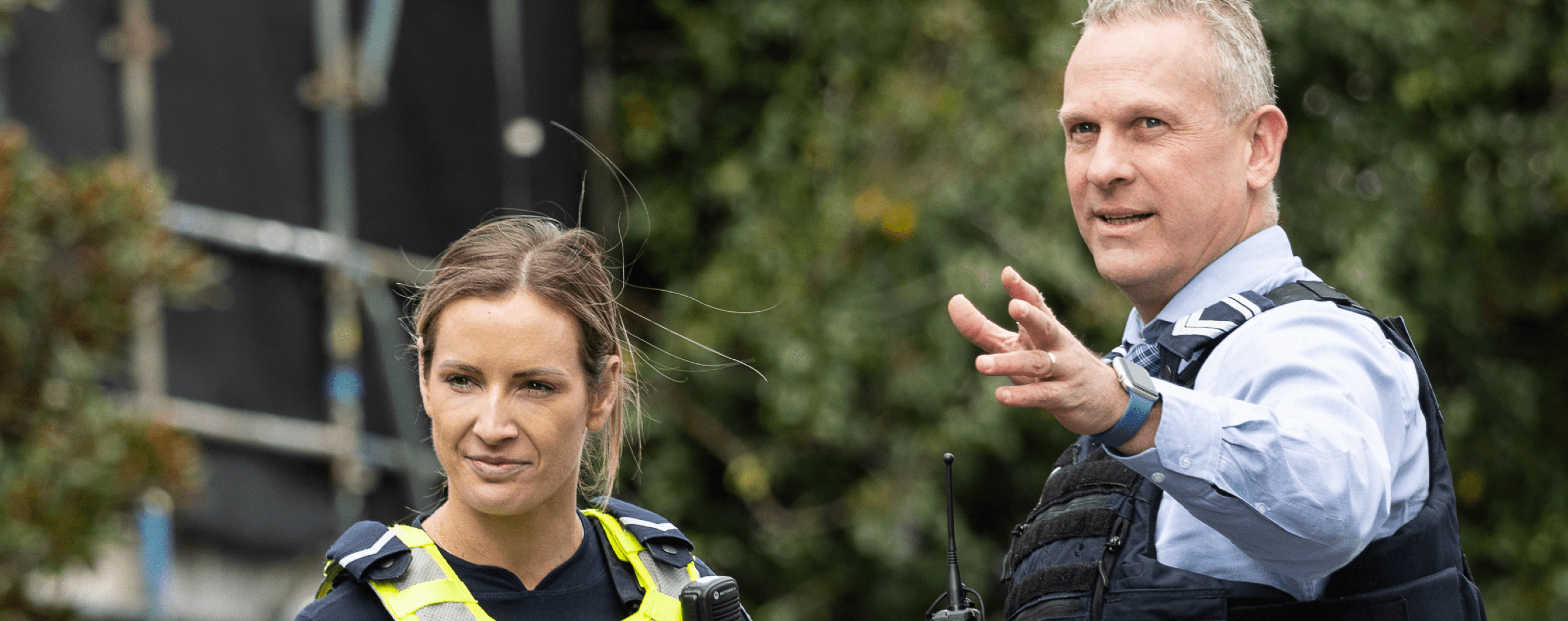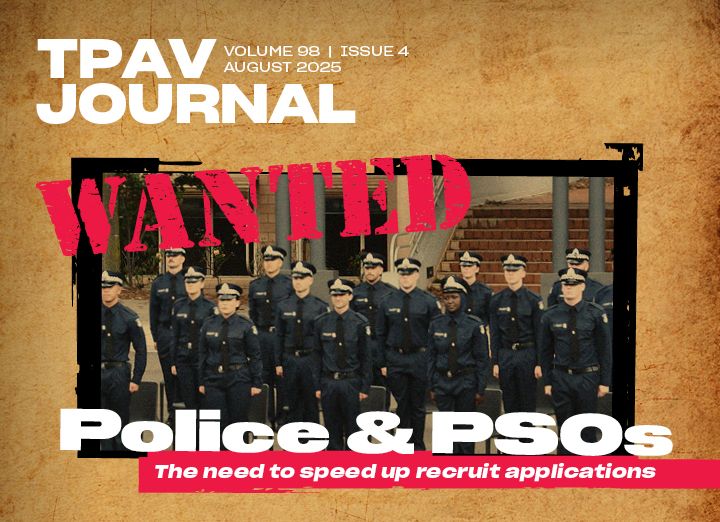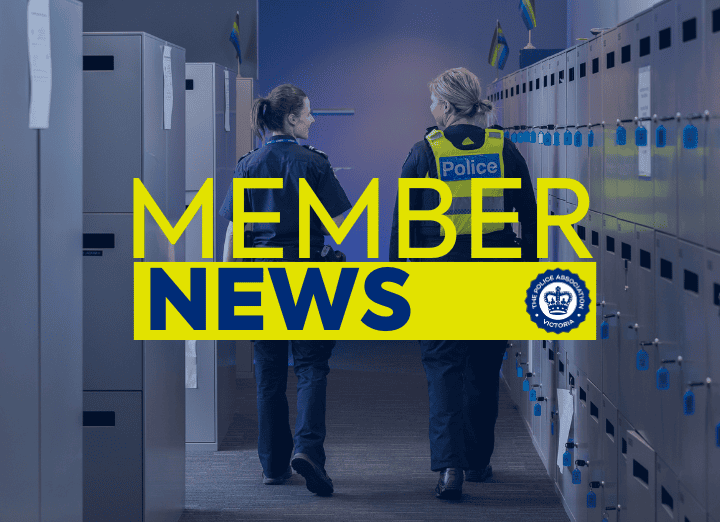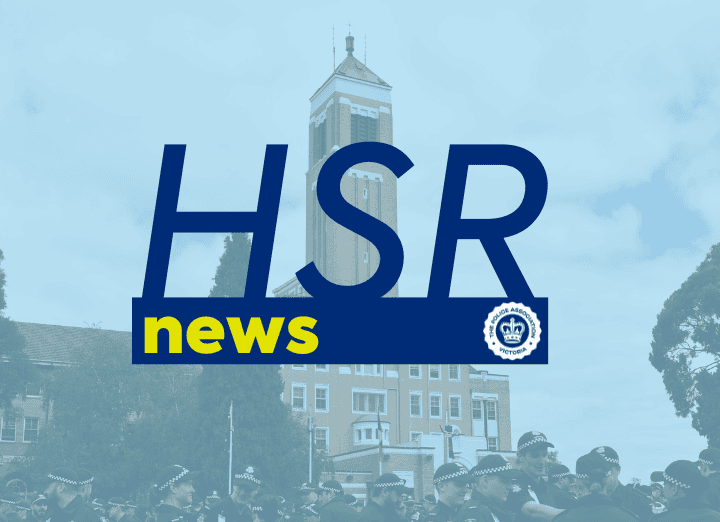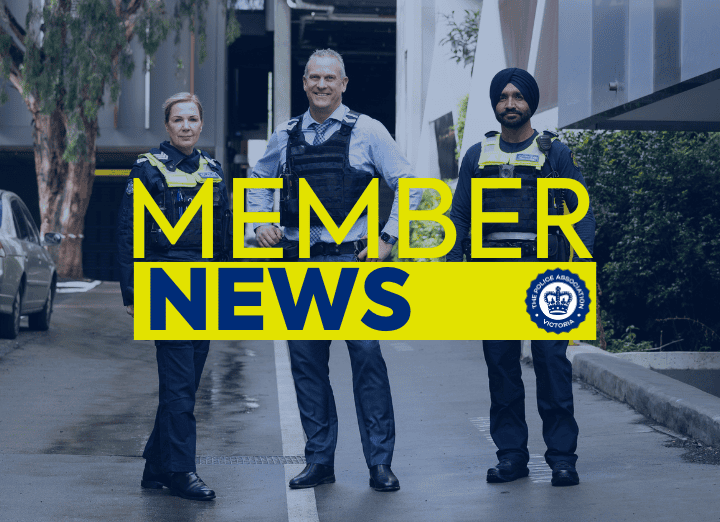New public drunkenness laws are a tragedy waiting to happen
By Wayne Gatt
In policing, there are two distinct categories of people we deal with who are drunk in public. There are ‘yes’ people and there are ‘no’ people.
Those that fall into the former category have the sense to know, after coming into contact with our members, that it’s best they call it a night, and they will. The latter, ‘no’ people, are the those who don’t realise that their behaviour is putting themselves and others in danger, or worse, don’t care. They’re the ones our members have to remove from and relocate into an environment where they no longer pose a threat to their own safety or that of others.
The government’s decriminalising of public drunkenness is a reform that we don’t take issue with. Of itself, the reform doesn’t compromise community safety. It simply means there is no prospect of any penalty being handed to a person after the event.
But, that’s not where this reform ends.
The government has written police entirely out of the equation when it comes to dealing with those who are drunk in public.
From here on, if a person is found drunk in public and causing a nuisance, or compromising the safety of those around them, police can’t deal with them. Our members have been stripped of the power to remove these people from the situation they are in, and the potential danger that emanates.
Without police and other resources, ambulance officers will primarily shoulder this burden. I am sure this will be news to them. This begs the critical question: If these workers, now saddled with the role of playing proxy police officers, without the adequate equipment to protect themselves or the means or ability to forcefully remove a drunk person from a situation, are confronted by a ‘no’ person, what happens?
The answer is unclear, but it won’t be pretty.
You might ask why, as the head of an organisation that loudly and consistently screams from the rooftops about police being overworked and under resourced, I would take issue with my members being given less work to do.
I’ll tell you why.
My members join the job to keep the community safe. A lot of that work is in preventing incidents that can endanger Victorians. Removing drunk people from situations in which they pose a danger to themselves and others falls firmly into the prevention category.
Under this new response model, soon to be introduced by the Government, police will only respond once a crime is committed. That is, when it’s too late.
Let’s think about that.
If your son, daughter, mother, father or friend is injured or assaulted by a drunk person and ends up injured or worse, you’ll rightly want to know what the authorities did to prevent it. The answer will be that my members did nothing. Not because they didn’t want to, but because the Government forbade them.
Instead, this burden of responsibility will have been placed on workers who have neither the training nor the means to carry out meaningful intervention. The burden of conscience will lie directly with the Government.
In April, 2021 after the Government announced its plan to decriminalise public drunkenness and lessen police involvement in public drunkenness incidents, The Police Association posed a series of questions that are central to the problems I’ve just identified.
Here they are:
What replacement health-based services will be used, where they will go and how will they operate?
What will police be able to do in circumstances in which a person simply fails or refuses to consent to go into another service?
Who is going to transport intoxicated people to health services when an ambulance or outreach service is unavailable?
Where will intoxicated people be transported to and what happens when these people become a management issue at the place they are taken to?
What will happen to people who are exhibiting nuisance behaviour that falls under the threshold of criminal behaviour, but is such that it requires police intervention?
Will the history or safety information held about an individual be accessible to other agencies which are called to assist?
How will this new model impact our hardworking colleagues in the Ambulance service?
What will happen when the designated place where people are supposed to sober up is hundreds of kilometres from the place where police encounter them?
The answers to each of these critical questions, we were told by the Government, would become clear after a designated three-month trial of the new system in selected metropolitan and regional areas was held.
We were confident that the practicality and complexity contained within each of the questions we raised, would be exposed in real life situations experienced in these trials. That, in turn, would lead to the realisation from the Government that considered and nuanced solutions would be required before the new system was put in place permanently.
Then, those trials did not occur.
Instead, the community-at-large will be the government’s guinea pigs.
These same questions linger menacingly. The answers to them won’t be found deep in the sand where the government has willingly buried its head, in the sheer hope that nothing will go wrong.
It will.
And, when it does, my conscience will be clear. The collective conscience of my members will be clear. But, we will take no satisfaction, because we will know deep down that we should have been able to prevent it.
As it stands, the government wants reform that is progressive. We want reform that is responsible. It can be both.
The Police Association has offered solutions to the problems we have raised, but these have been roundly ignored.
There is still time for the Premier to change that. Time is a luxury that he and his government has now.
It will evaporate when the first preventable tragedy occurs.
Wayne Gatt is the Secretary/CEO of The Police Association Victoria
